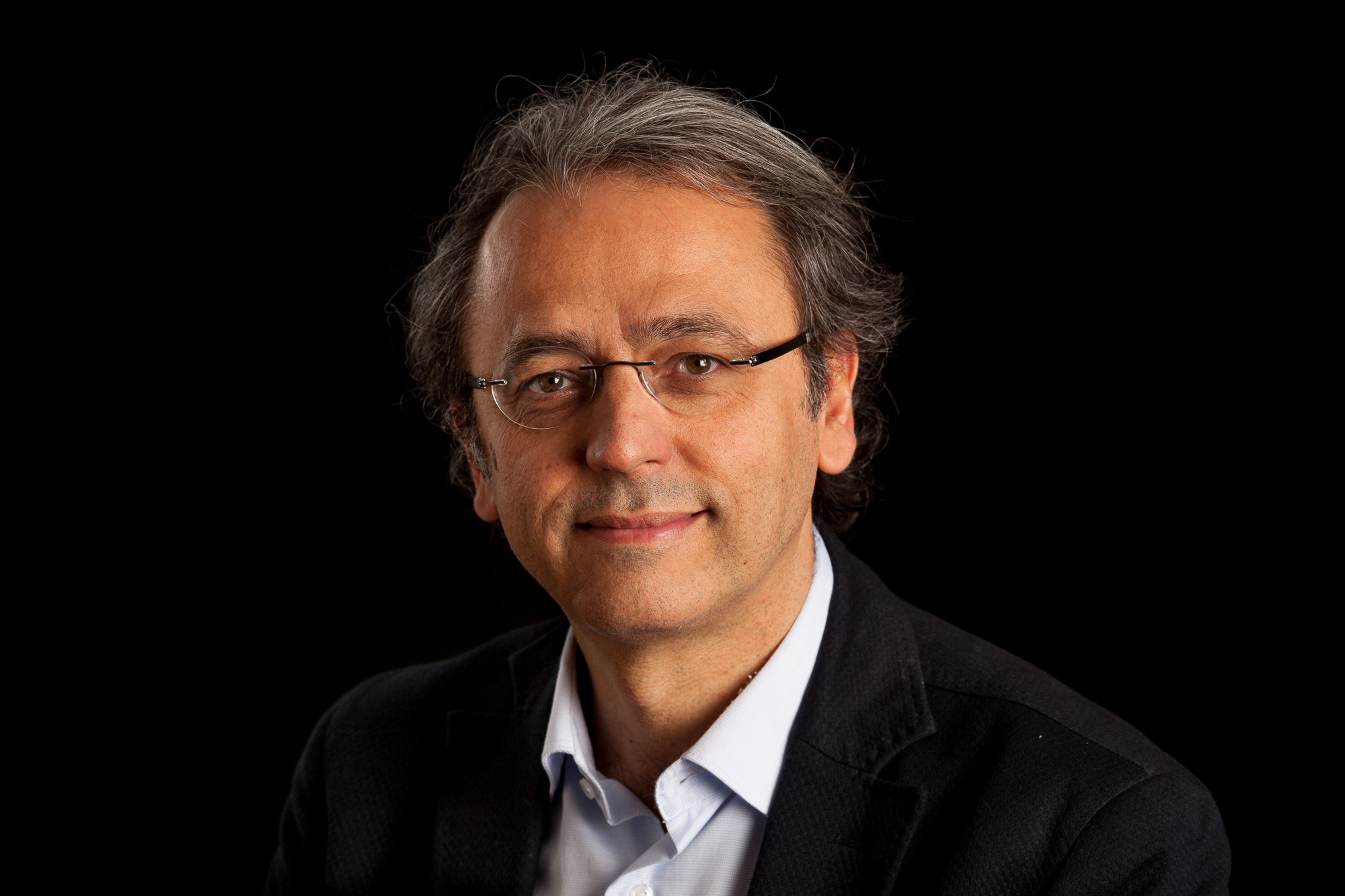People
 Josep Llovet
Josep Llovet
- HUNTER WP 2 Lead, Professor of Research-ICREA and Head of the Translational lab in Hepatic Oncology at IDIBAPS-Hospital Clínic of Barcelona
The Problem
Liver cancer is a major public health issue, with an estimated one million cases in 2025. Surgery and local-regional treatments cure the disease in a small number of cases, but most patients progress to advanced stages, in which molecular therapies obtain survival rates of up to one year.
Molecular and genomic studies have defined the molecular and immunological classification of the tumour and the main therapeutic targets. However, such knowledge has not yet given rise to any clinical application that could prove beneficial to patients.
Our Approach
The group has defined the molecular and immunological classification of hepatocellular carcinoma and has characterised certain therapeutic targets. The most pressing challenges is to improve the treatment of patients with hepatocellular carcinoma and cholangiocarcinoma are: identification of molecular markers – using a blood sample – for early diagnosis; identification of the pro-carcinogenic microenvironment as the therapeutic target in patients with cirrhosis of the liver; examination of genomic alterations to detect the presence of new genotoxic agents; identification of the biomarkers denoting response or primary resistance to new therapies, basically immunological treatments; identification of new therapeutic targets by methylation deregulation; identification of drugs which, when combined, have synergistic effects, and improving knowledge about the mechanisms involved in the origin, progression and dissemination of these cancers.
The Impact
The long-term objective is to improve survival rates and quality of life in patients with liver cancer, as well as to improve prevention. Secondary objectives include increasing knowledge of the way in which the disease develops, molecular alterations and treatment of these tumours.
The impact of the group’s studies may help improve the prevention and treatment of liver cancer by identifying the biomarkers that predict the response to immunological therapies, and those that predict resistance. This will also make it possible to identify the best therapeutic combinations for use in clinical trials and to identify new treatment paradigms.
Links
You can view Professor Llovet's profile on the IDIBAPS website here, and on the Mount Sinai School of Medicine, New York University here.
